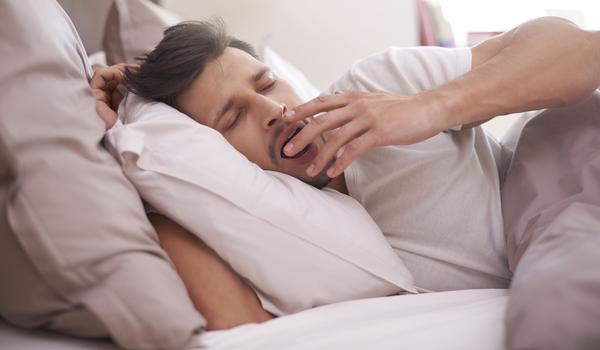Coping with tiredness

Tiredness, which can be experienced as extreme fatigue, is the most common side effect of cancer treatment, affecting 7 to 9 out of every 10 people who are treated for cancer.1
If you are suffering from tiredness, you may lack energy, have trouble sleeping, or lose interest in doing things you normally enjoy. Many cancer patients find this is the most disruptive of all side effects.1
Not everybody who has cancer will suffer from fatigue. You may find your tiredness comes and goes, or that it lasts for a long period of time.2
Talk to your doctor if you find that your tiredness is interfering with your ability to go about your everyday life.1 And if you experience any of the following symptoms, you should let your doctor know immediately:2
- Dizziness
- Confusion
- Loss of balance
- Unable to get out of bed for more than a day
- Severe shortness of breath
- Noticeable worsening of symptoms
There are steps you can take to cope with your symptoms, including:
- Take short naps throughout the day rather than resting for one long period2
- Keep your energy levels up by drinking plenty of water, avoiding alcohol and caffeine, and eating lots of protein3
- Do light exercise, such as going for a 15-minute walk, when you feel you can4
- Talk with your doctor about what is causing your tiredness and what steps you can take to minimise them2
Although tiredness is one of the most common side effects of cancer treatment,5 do not assume that you have to just put up with it; if it is affecting your day-to-day routine, it is time to have a conversation with your doctor about what can be done to reduce it.1
There is also a useful infographic about adjusting your diet to manage side effects of chemotherapy.
Glossary